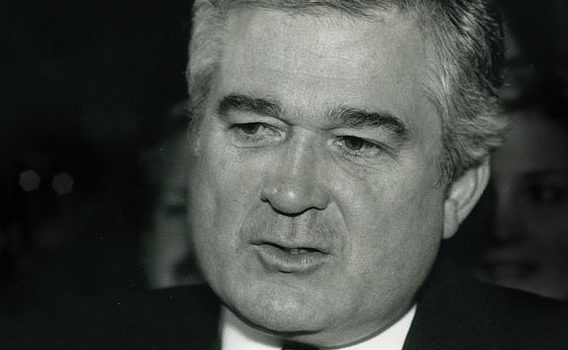What is low-effort syndrome? Do you have it? How do you combat it? Low-effort syndrome is the tendency to put in minimal or no effort at school, in sports, or in life. This may be due to a belief that you’re being discriminated against and can’t win in a rigged system, or it may be due to a fixed mindset and the belief that you if perfection isn’t guaranteed, you shouldn’t try at all. We’ll cover what low-effort syndrome is and how to work against it and develop a growth mindset.
Low-Effort Syndrome—Do You Have It? A Growth Mindset Can Help










